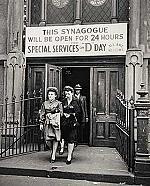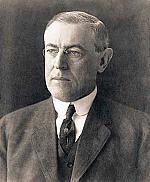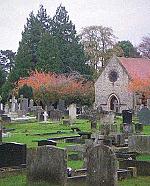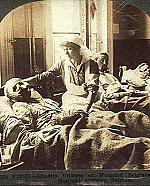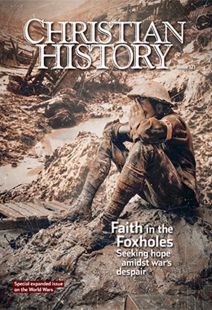Adolf Hitler (1889–1945)
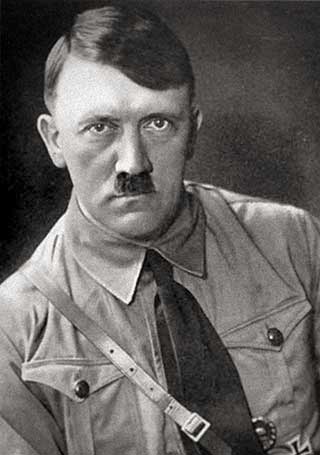
[Hitler—Library of Congress]
The Austrian-born Hitler, baptized Roman Catholic, served in the German Army in World War I. After the war he entered politics alongside other disillusioned veterans. He became interested in a German nationalist organization, and his skills as an orator and organizer earned him the leadership of what he renamed the National Socialist German Workers’ (Nazi) Party.
Nazi involvement in a failed 1923 coup led to Hitler’s brief imprisonment, where he wrote his autobiography Mein Kampf, or My Struggle (1925). In it he wrote of the Jews in World War I, “If … twelve or fifteen thousand of these Hebrew corrupters of the nation had been subjected to poison gas, such as had to be endured in the field by hundreds of thousands of our very best German workers of all classes and professions, then the sacrifice of millions at the front would not have been in vain.”
In 1933 the Nazi Party attained a plurality in the German parliament, and Hitler became chancellor. Laws turned the German Republic into a one-party dictatorship; Hitler’s success in reviving the economy and annexing former German territories taken in World War I brought him widespread German support.
His invasion of Poland in 1939 triggered World War II. Hitler is most famous—or infamous—today for his policy of German racial cleansing, which led to over 5,000,000 Jews and other “undesirables” being gassed in concentration camps. As Germany was going down to its final defeat in 1945, he married his longtime mistress, Eva Braun. Less than two days later, the pair committed suicide.
This article is from Christian History magazine #121 Faith in the Foxholes. Read it in context here!
By Jennifer Woodruff Tait
[Christian History originally published this article in Christian History Issue #121 in 2017]
Jennifer Woodruff Tait is managing editor of Christian HistoryNext articles
A sacred conflict or an unfortunate necessity?
Firing Scriptural “grenades” over war on the home front
Barry Hankins“The world must be made safe for democracy”
Wilson counseled war after campaigning to keep America out of it
Woodrow WilsonNo atheists in the foxholes?
Some people found religion in the experience of wartime, but others lost it
Kevin L. WaltersSupport us
Christian History Institute (CHI) is a non-profit Pennsylvania corporation founded in 1982. Your donations support the continuation of this ministry
Donate



